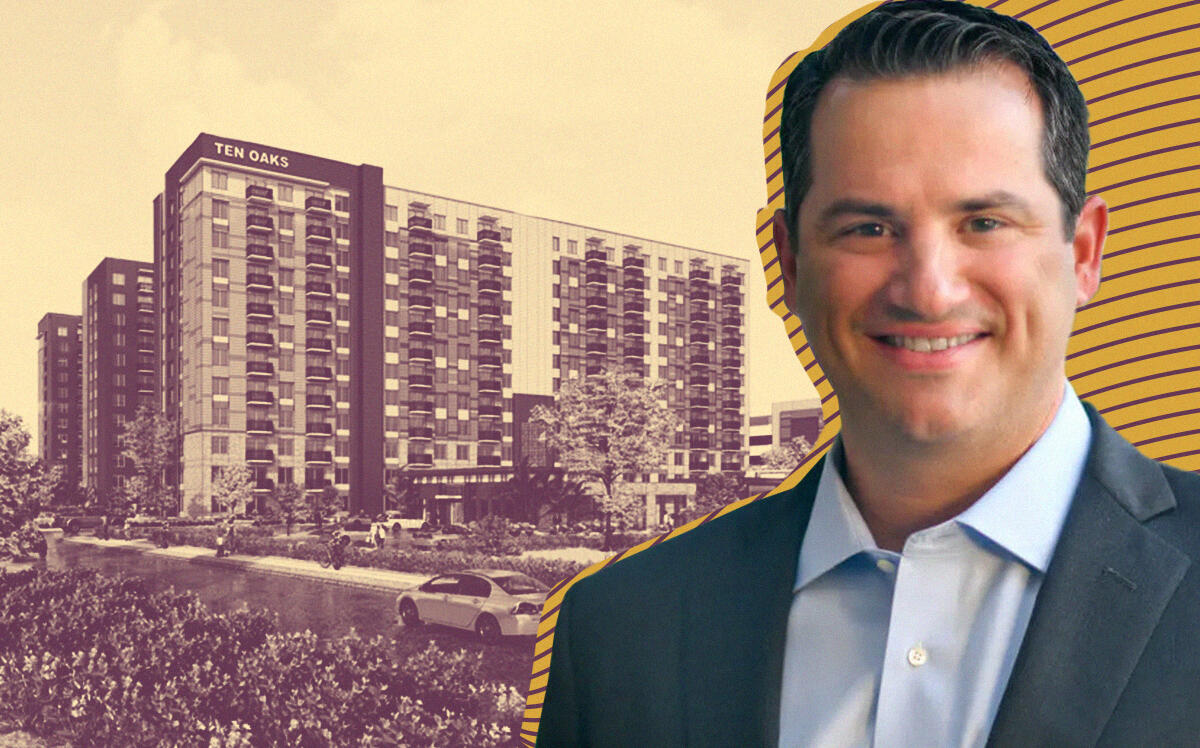Complaints from residents in one of Houston’s wealthiest neighborhoods have brought the city’s affordable housing plans to a halt.
Mayor Sylvester Turner has paused affordable housing projects in response to outcries from residents of the Tanglewood neighborhood, where the median household income is $179,000 per year, the Houston Chronicle reported.
The outcry stems from a state law, which went into effect in 2015, that allows local housing authorities to take public facility corporation-owned properties off the tax roll if the development includes affordable units. The problem is that “affordable housing” wasn’t defined in the law.
“I’m calling to put a hold on it for now to get a much better understanding,” Turner said at a recent city council meeting. “Because if, for example, a developer is getting a tax credit of 100 percent and only providing 10 percent [of its units at affordable prices] – that is not a good deal.”
In Tanglewood, which has been home to elites such as former President George H.W. Bush and televangelist Joel Osteen, developers of two apartment complexes have planned to take advantage of the property tax break. But critics say their plan to make them available to people earning 80 percent of the area median income isn’t affordable enough.
The 2015 law created a tax break for public facility corporations. It passed within four minutes of its introduction to the Texas Senate as a last-minute amendment to a bill updating finance statutes.
The University of Texas School of Law found in a 2020 study that the law is too vague. With “affordable housing” undefined, developers have been getting tax breaks for properties whose “affordable” units are market rate, essentially taking advantage of the tax break without delivering affordability.
A Tanglewood neighbor approached a public facility corporation-owned apartment complex that gets the tax break, Deerwood Apartments, to ask about affordable housing, according to emails obtained by the newspaper. The neighbor found that lower-income residents could qualify for certain units, but housing vouchers weren’t accepted, and discounts weren’t offered.
“Until I can get a much better understanding of who’s getting what and for what,” Mayor Turner said at the meeting, “I want them to put [public facility corporation deals] on hold.”
Removing properties from the tax rolls is unlikely to affect city services, because Texas cities’ property tax incomes are capped by state law. They often reach the cap and are forced to lower their tax rates, the newspaper reports.
But their removal could affect other taxing entities, including local schools.
— Victoria Pruitt
Read more


